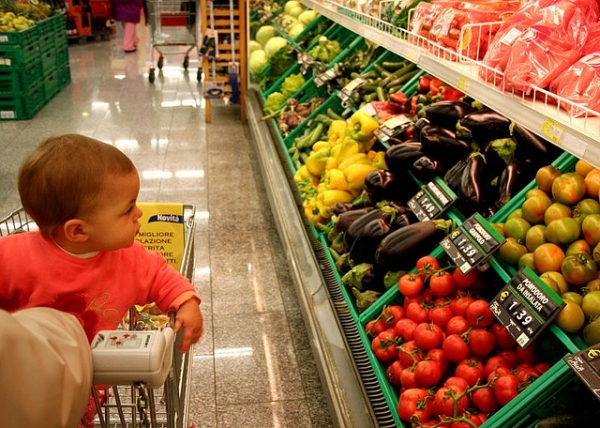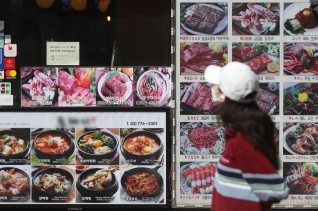
(Photo : Stefano Mortellaro/Flickr/CC) The report, "The Nourishing Effect" says that over 48 million Americans are vulnerable to malnutrition-related health issues
Hunger and malnutrition are an every day reality for millions of Americans, according to a new released by a Christian advocacy group Bread of the World.
The study, titled "The Nourishing Effect" also points to a correlation between hunger and health issues arising due to less-than-required intake of nutritious foods.
"At the end of the day, health care and hunger are very much linked. You can't be healthy, you can't be able to stave off chronic diseases if you're not eating healthy food," said Acacia Bamberg Salatti of the Center for Faith-based and Neighborhood Partnerships at the HHS.
According to the report, about 50 million people experience persistent food insecurity, making them vulnerable to malnutrition-related diseases.
"The number of food insecure people in the U.S. has not dropped below 48 million since 2007, the beginning of the Great Recession," Asma Lateef, Director of Bread for the World Institute, told the Christian Post.
"Even considering just the financial impacts of hunger and food insecurity on the U.S. healthcare system, the study published in 'The Nourishing Effect' found that the costs were at least an additional $160 billion in 2014," she said.
The study further says that America's hunger costs are "much greater than we may realize, affecting educational outcomes, labor productivity, crime rates, Gross Domestic Product, and much more."
The report itemized the expenditures of health-related casualties.
Hunger and food insecurity leading up to depression cost the country over $32 billion; suicide about $22 billion; poor health, some $20 billion; anxiety, $19 billion, among many other expenses.
The study came through only after "an extensive assessment of peer-reviewed research on the many ways that hunger harms human health, and the higher health care costs associated with them, updated to 2014 dollars."
However, the total figure presented in the report does not include other costs related to hunger as they have not yet been assessed widely by peers, according to Lateef.
Experts have expressed concerns that with the onset of winters, the scarcity of food in many homes is going to get worse as cost of heating will take up a significant proportion of the household budgets.
When those households run out of money and food stamp benefits, many turn to food pantries and soup kitchens.
The homes that use up their money and food stamps sooner, look for other sources provided by charities. Many private non-profits have resorted to increasing fundraising and lobbying activities to fill in the gap left by government services.




























































